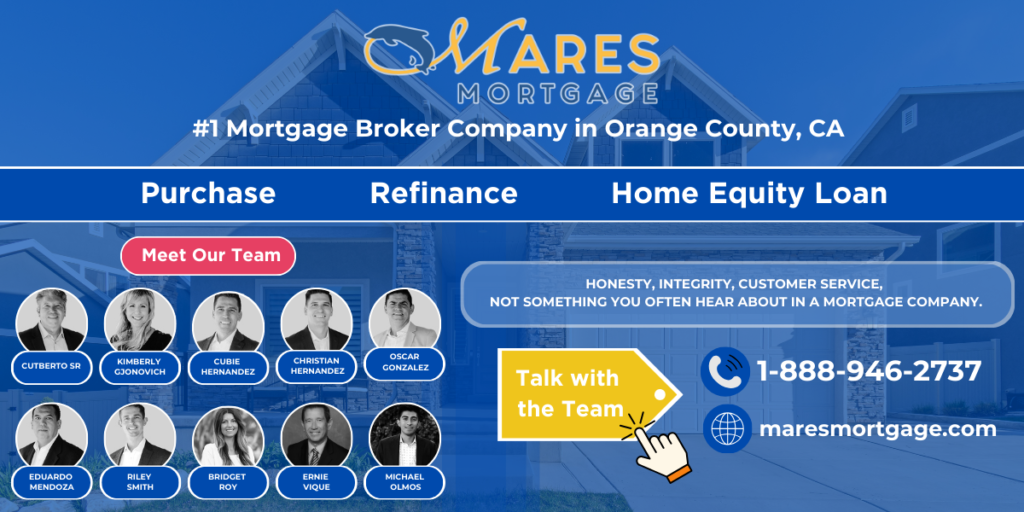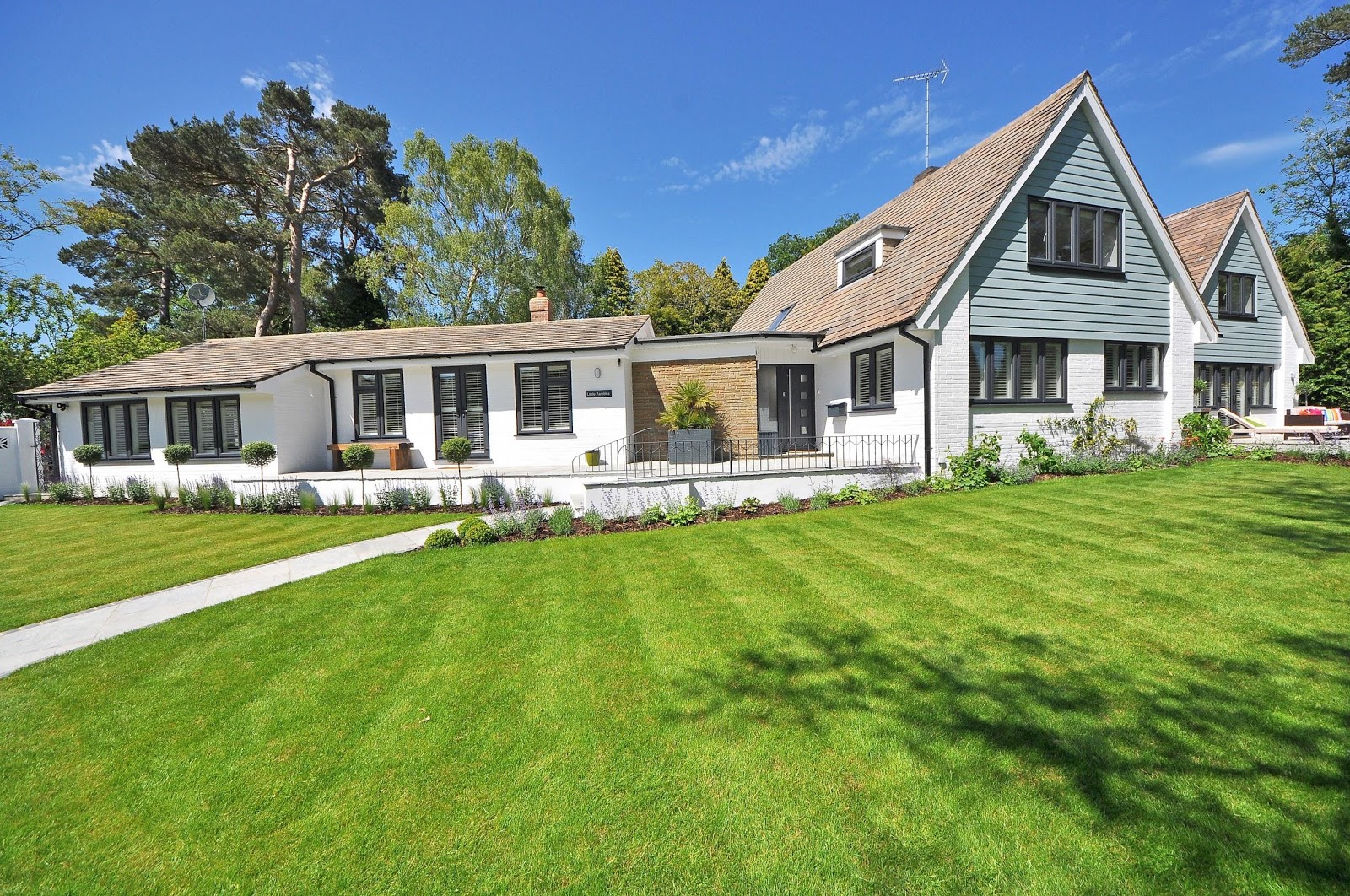Securing a mortgage can be a challenging process, especially for borrowers who don't meet traditional lending requirements. However, there is an alternative solution known as a non-qualified mortgage (non-QM loan). Non-QM loans provide flexibility to borrowers who may have unique financial situations or credit histories. In this article, we will explore everything you need to know about non-QM loans, including their features, requirements, and alternatives.
Non-QM Loans: Flexibility at a Cost
Non-QM loans are designed to cater to borrowers whose financial profiles do not meet the criteria of a qualified mortgage. These borrowers often have inconsistent or nontraditional income structures, major credit events, or high debt levels. While non-QM loans provide flexibility, they come with their own distinct set of criteria and considerations. Here are some key features associated with non-QM loans:
- Alternative Income Documentation: Unlike traditional mortgages that rely on W-2s and pay stubs to verify income, non-QM loans allow borrowers to demonstrate their ability to repay the loan using alternative documentation. This may include tax returns, bank statements, 1099s, or asset qualifiers. Non-QM loans are particularly beneficial for self-employed individuals, gig workers, retirees, and others with nontraditional income sources.
- No Waiting Period After Bankruptcy: In the event of bankruptcy or foreclosure, there are non-QM loans available from some lenders. Unlike qualified mortgages, which typically require a waiting period of one to four years after bankruptcy or two to seven years after foreclosure, non-QM loans allow borrowers to obtain a mortgage as soon as one day after the event.
- Increased Debt Limits: The Debt-to-Income (DTI) Ratio for Qualified Mortgages is 43 percent. In contrast, non-QM loans often allow for higher DTI ratios, sometimes exceeding 50%. This flexibility can be advantageous for borrowers with significant monthly debt obligations.
- Higher Down Payment: A larger down payment, typically between 15% and 20%, may be required of borrowers applying for a non-QM loan. This is higher than the average down payment of 6% for first-time homebuyers and 17% for repeat buyers, according to the National Association of Realtors.
- Higher Interest Rates: Non-QM loans generally come with higher interest rates compared to qualified mortgages. While non-QM loans offer more lenient requirements, borrowers should be aware that they may incur higher borrowing costs.
- No Government Backing: Unlike qualified mortgages, non-QM loans do not conform to the standards set by the Consumer Financial Protection Bureau (CFPB). Consequently, they cannot be purchased by Fannie Mae or Freddie Mac, nor can they be backed by government entities such as the Department of Veterans Affairs, the U.S. Department of Agriculture, or the Federal Housing Administration. This means that the lender assumes all the risk associated with issuing the loan.
Want to find a mortgage company you can trust? Learn about us here.
Repayment Terms May Include Interest-Only Payments

One important aspect to consider when opting for a non-QM loan is the repayment terms. Prior to the 2008 economic crisis, many loans had "toxic" features, such as interest-only payments, which contributed to delinquencies and foreclosures. While interest-only payments are less common in non-QM loans today, borrowers should be aware of the potential risks.
The lower monthly payment of an interest-only loan may seem appealing at first. Making interest-only payments won't help you build equity, but you should know that larger payments will eventually be due. Therefore, borrowers should carefully review the repayment terms of a non-QM loan and ensure they can fulfill all required payments.
Borrowers Who May Consider a Non-QM Loan
Non-QM loans are suitable for borrowers who don't meet the requirements of a qualified mortgage but are confident in their ability to manage the financial obligations associated with homeownership. Consider a non-QM loan if any of the following apply to you:
- Self-employed, Contract Worker, Retiree: If you have a nontraditional income structure that makes it challenging to meet the income documentation requirements of a qualified mortgage, a non-QM loan may be a viable option for you.
- Major Credit Event: If you have experienced a foreclosure or bankruptcy recently, non-QM loans may provide a pathway to homeownership sooner than waiting for the standard waiting periods required by qualified mortgages.
- Cash Flow from Rental Properties: If you're a landlord and want to use the cash flow from your other properties to qualify for a home loan, non-QM loans can be more accommodating.
- Higher Debt-to-Income Ratio: If more than 43% of your income goes toward monthly debt payments, non-QM loans may allow for higher DTI ratios, providing an opportunity to secure a mortgage.
Where to Find Non-QM Loans

Non-QM loan options are tailored to specific types of borrowers with unique needs and challenges. To find a non-QM loan that suits your requirements, research lender reviews using relevant keywords that align with your financial situation. Additionally, consulting with mortgage professionals, such as the experts at Mares Mortgage, can provide guidance and assistance in navigating the non-QM loan landscape. Mares Mortgage offers personalized support to help buyers make informed decisions throughout the mortgage process. To learn more, watch this video.
Alternatives to Non-QM Loans
- While non-QM loans provide an alternative for borrowers who don't qualify for traditional mortgages, they may not be suitable for everyone. Consider these alternatives:
- Qualified Mortgages for Self-Employed Borrowers: Two years of personal and, in some cases, business tax returns are typically required for a self-employed borrower to qualify for a conventional mortgage.
- Paying Down Existing Debt: Reducing existing debt or refinancing it at a lower interest rate can lower your debt-to-income ratio, potentially helping you meet lender requirements for a qualified mortgage.
- Exploring Waiver Options: You may be able to get the waiting period waived if you lost your home to foreclosure because of a qualifying financial hardship. However, you will need to show proof of your progress since the incident.
Need more information on refinancing a home? Get in touch with us today!
Understanding Non-QM Loans
Non-qualified mortgages (non-QM loans) offer flexibility to borrowers who don't meet the stringent requirements of traditional mortgages. These loans accommodate individuals with nontraditional income sources, major credit events, or high debt levels. While non-QM loans come with their own considerations, they can provide an avenue to homeownership for those who are financially prepared but don't qualify for qualified mortgages. When considering a non-QM loan, carefully review the terms, understand the repayment obligations, and seek guidance from mortgage professionals like the team at Mares Mortgage. Their expertise can help you navigate the mortgage landscape and make well-informed decisions throughout the process.










